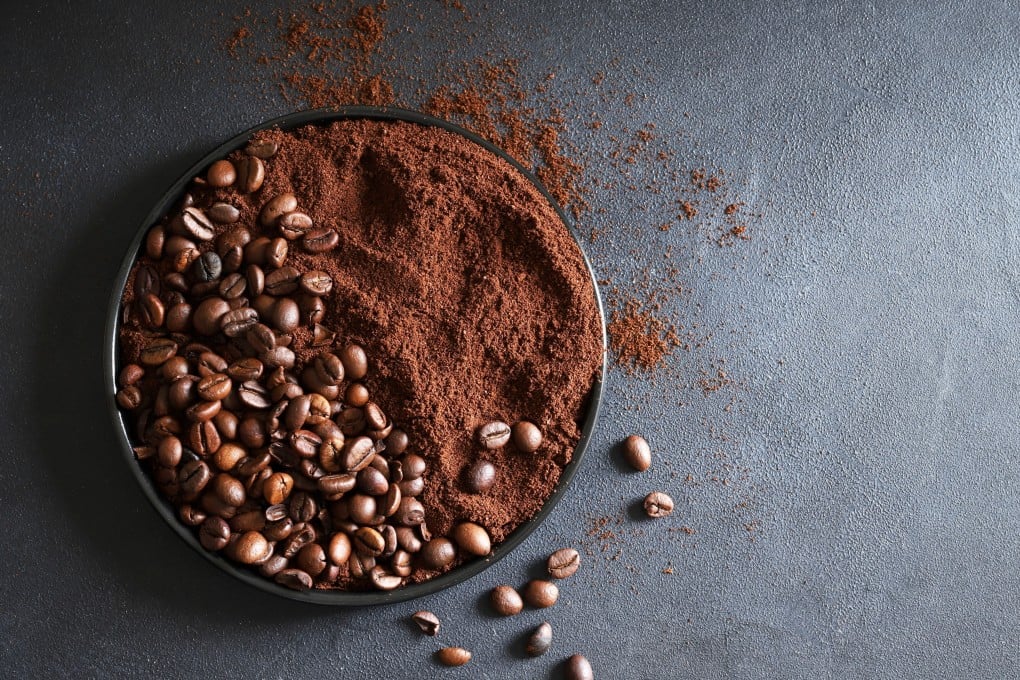Advertisement
Why decaf coffee is no longer getting roasted as being ‘inferior’ to regular brews
- Decaffeinated coffee is growing in quality and popularity as new techniques to remove caffeine from beans preserve flavour and add their own complexities
- More people are also looking for their ‘drugs without their drugs’, as the market is predicted to grow from US$19.5 billion in 2022 to US$28.9 billion by 2030
Reading Time:4 minutes
Why you can trust SCMP

On a trip to Colombia in 2023, Zhang Weihong was given a “mysterious bag of coffee” by his friend Francesco Sanapo, a three-time Italian barista champion.
Advertisement
This was not quite as suspect as it might sound: Zhang is the owner of BlendIn Coffee Club, a roastery with a pair of cafes in the US state of Texas. Mysterious bags of coffee are kind of his thing.
With its notes of eucalyptus and strawberry, Zhang assumed the bag contained expensive beans like anaerobically fermented Geishas or Sidras. But Sanapo revealed something much more rare for a coffee of this quality.
It was caffeine-free.

“It completely opened my eyes to decaf,” Zhang recalls. He decided to use the beans, a basic typica variety from Finca Los Nogales in Colombia, in his coming appearance in Rancho Cucamonga at the US Brewers’ Cup, a competition that “highlights the craft of filter coffee brewing by hand”.
Advertisement

Advertisement